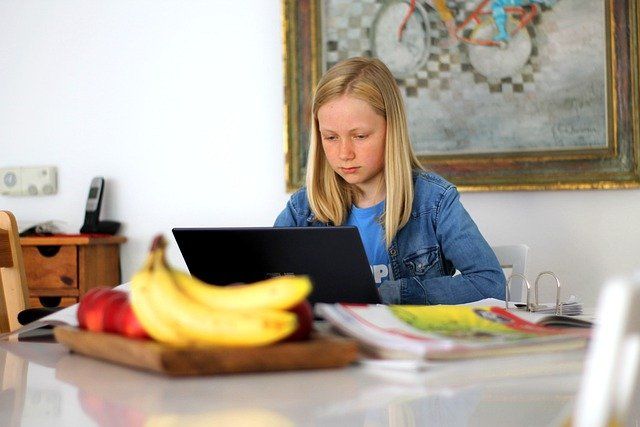Kids are afraid to be kids – especially those who don’t feel they’re cool enough to fit in with social hierarchies.
Certainly, life at Danish schools is beginning to mirror the movie ‘Mean Girls’ with its unspoken rules on popularity and tightly-knit cliques. But this time, it’s not the fault of Regina George, the queen bea character played by Rachel McAdams. Rather it’s being caused by social media.
A study finds that young Danish girls prone to comparing themselves with their peers on social media are more likely to become lonely and perform poorly at school.
Research conducted by the consultancy Deloitte and think-tank Kraka found that young girls in Denmark are six percentage points more likely to fail in regular school than boys.
Susceptibility to social media
“It could be our expectations for how girls are supposed to behave and what they’re supposed to do, but also higher pressure from social media since they are more susceptible to it,” Ulrik Beck, the chief economist at Kraka, told CPH POST.
“In terms of image, friends and popularity, whether children are doing better or worse, there is a tendency among young people to think they’re doing much worse than their peers,” he said.
The report contends that “girls are doing a lot worse”.
“In terms of performance at school, self-esteem, and loneliness, girls are far behind boys,” said Beck.
A sinking ship since 2015
While Deloitte and Kraka researched school children’s well-being based on data obtained from the municipalities, the results of the Ministry of Children and Education’s annual national survey show a similar trend.
Since 2015, a steadily increasing number of students are no longer happy about going to school in Denmark, according to the survey.
The report finds that the well-being of young students in Denmark has been on a downward curve since 2015, decreasing from 93 percent to 87.4 percent in 2023.
Back to basics
This begs an obvious question: what is lacking in the Danish school system?
According to Kraka’s chief economist, the use of social media and the quality of teachers are two major factors.
“When we measured how school children perceived themselves on social media, most felt their peers had a better life than them,” Beck said.
“Meanwhile, good teachers also clearly affect children’s development. One thing we found consistent was that fewer teachers in Danish schools have a background in teacher education.”
“Parents, schools, and municipalities should look into these issues,” he urged.















